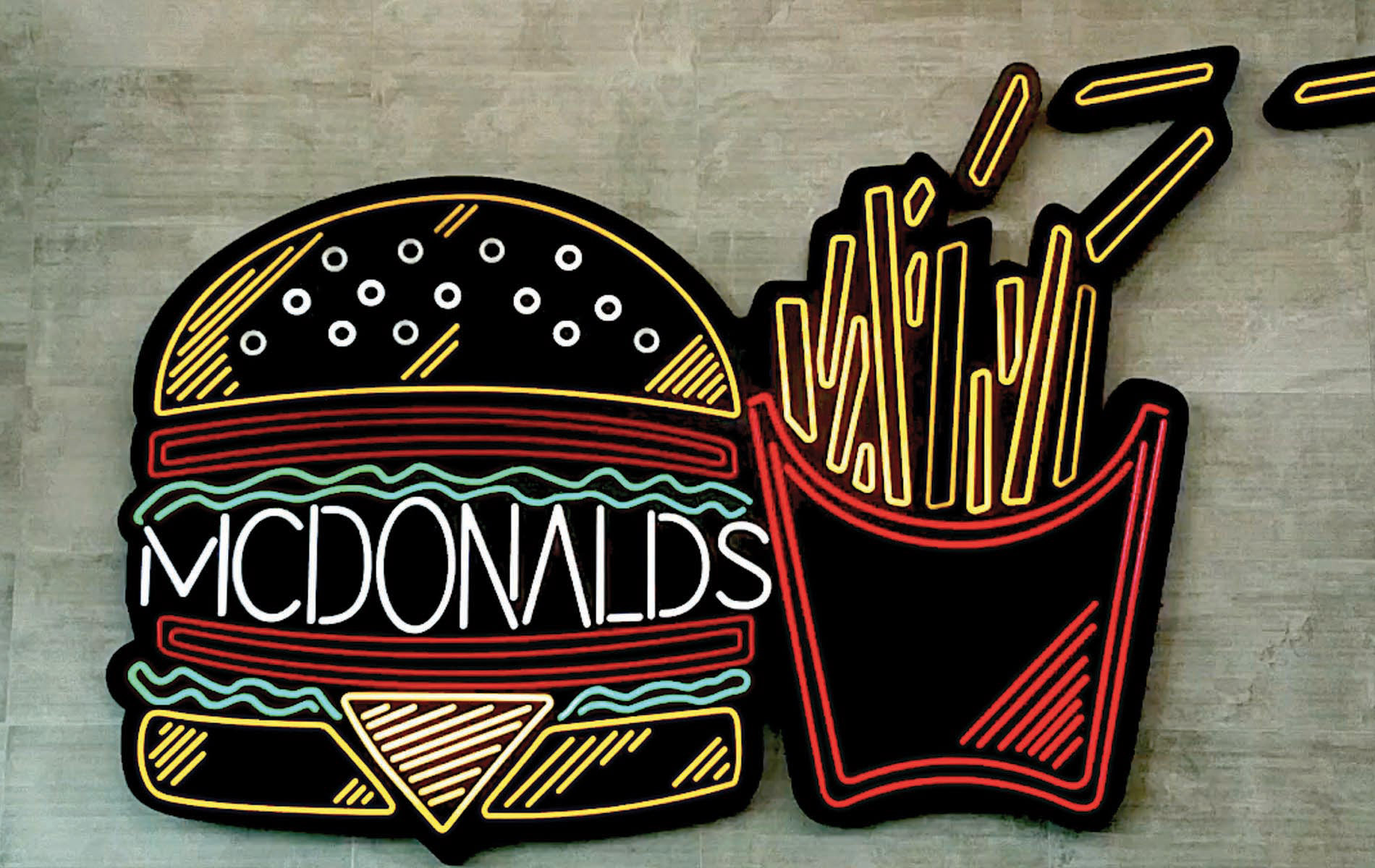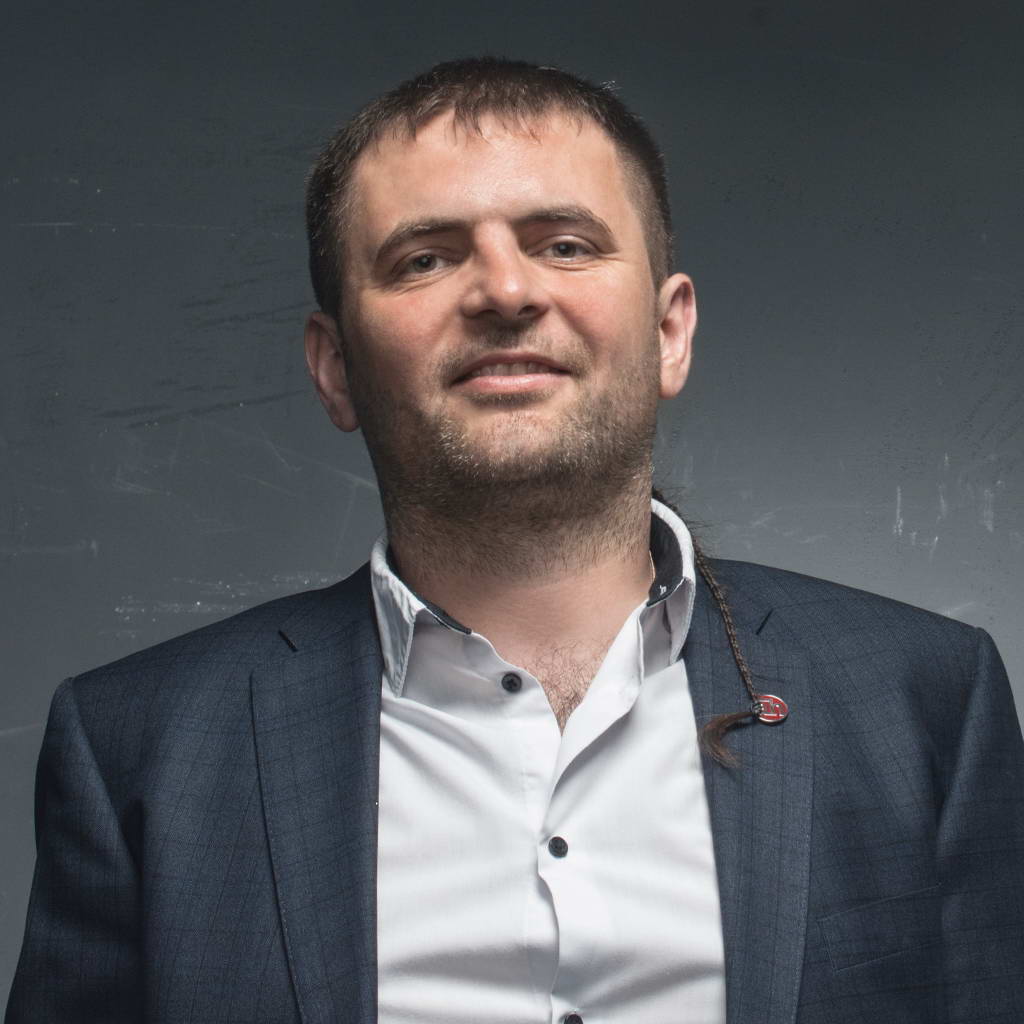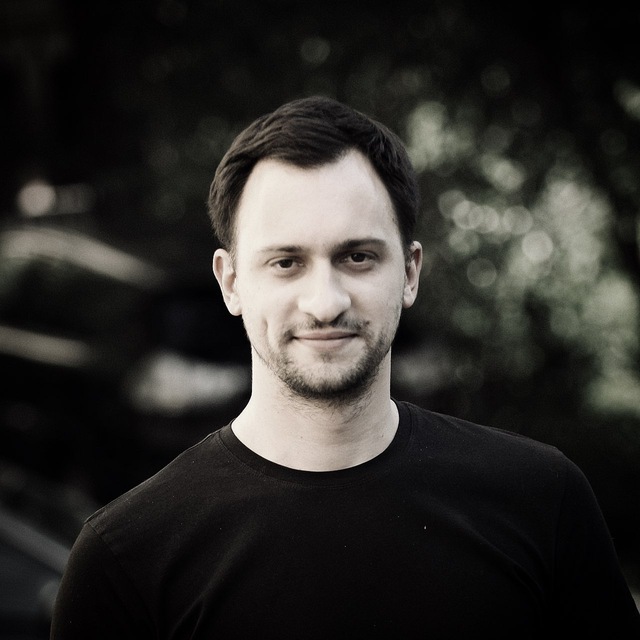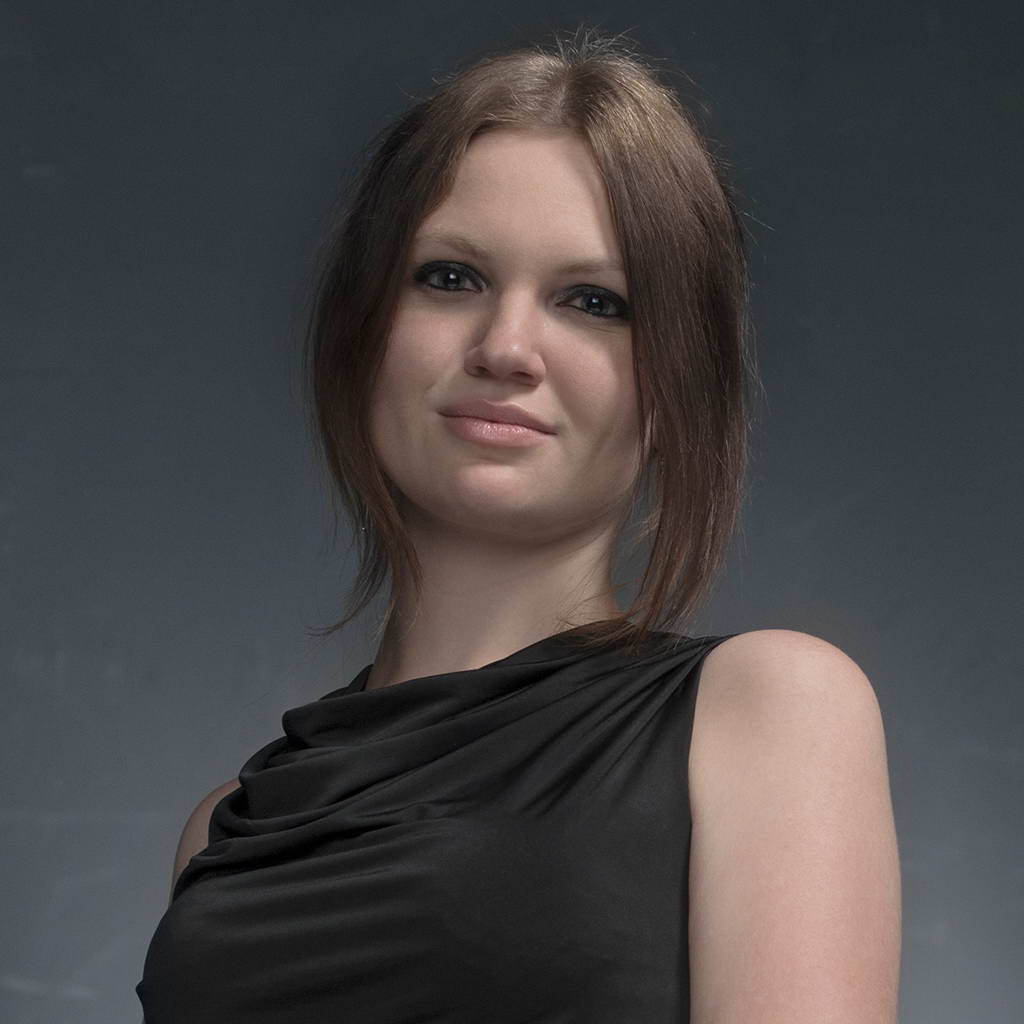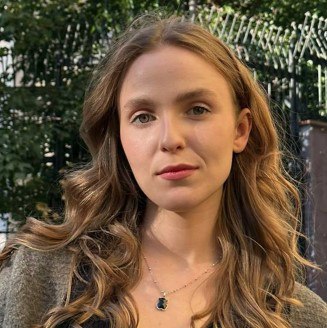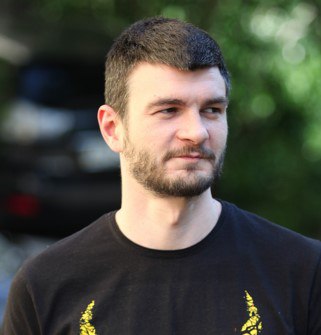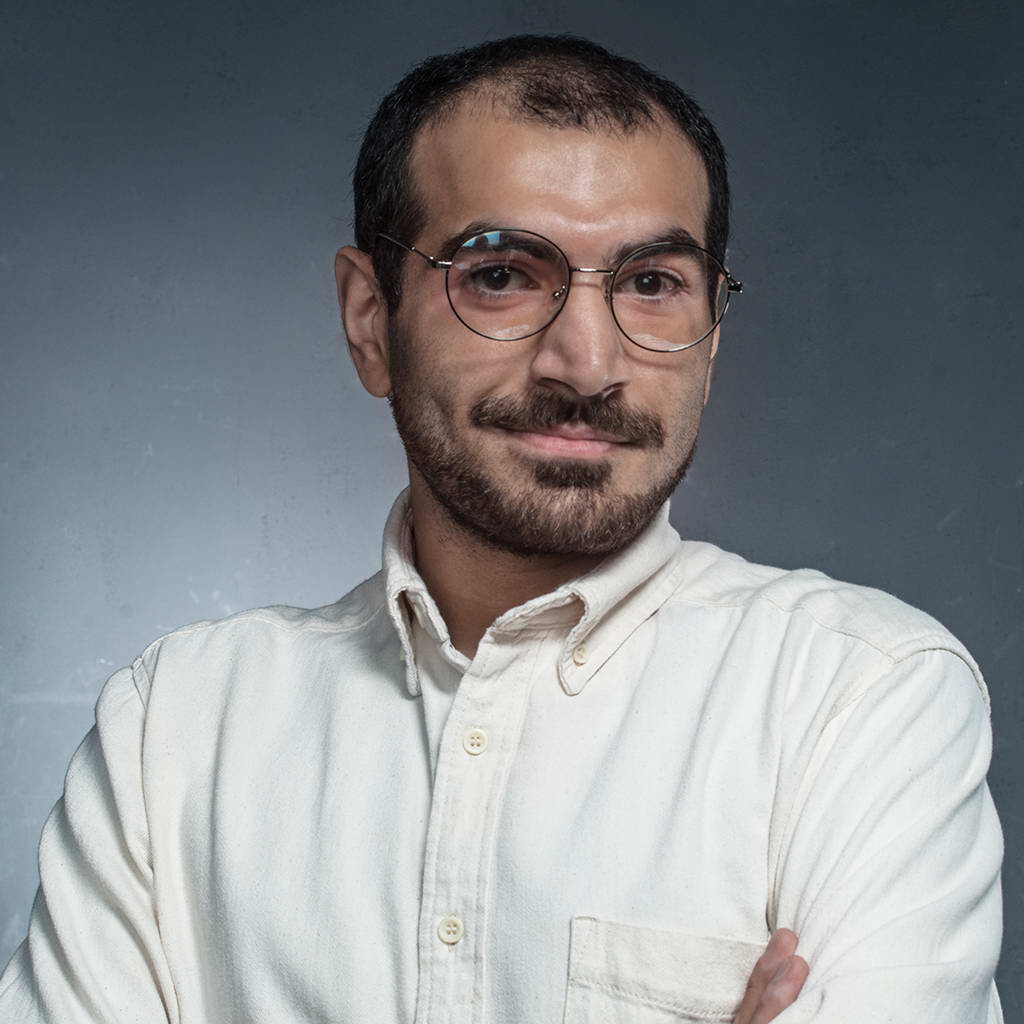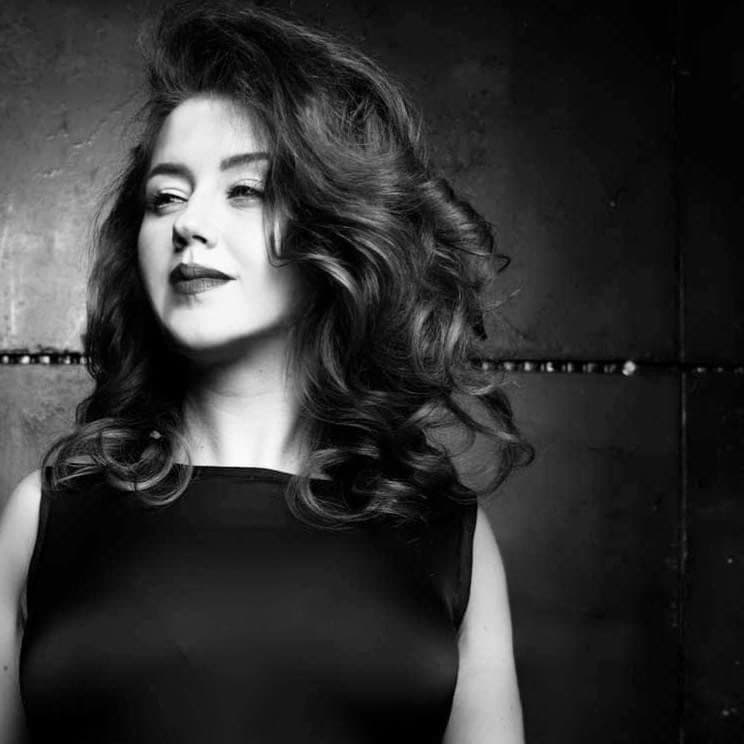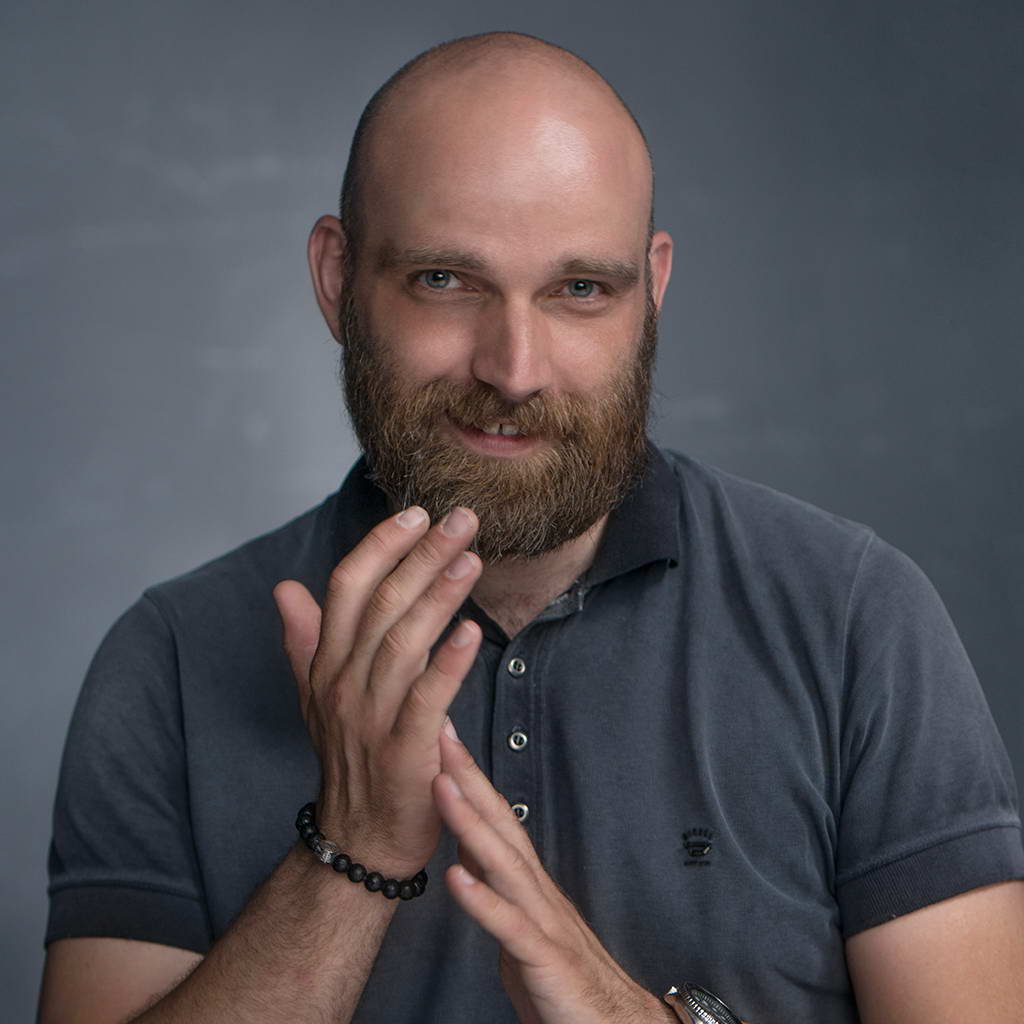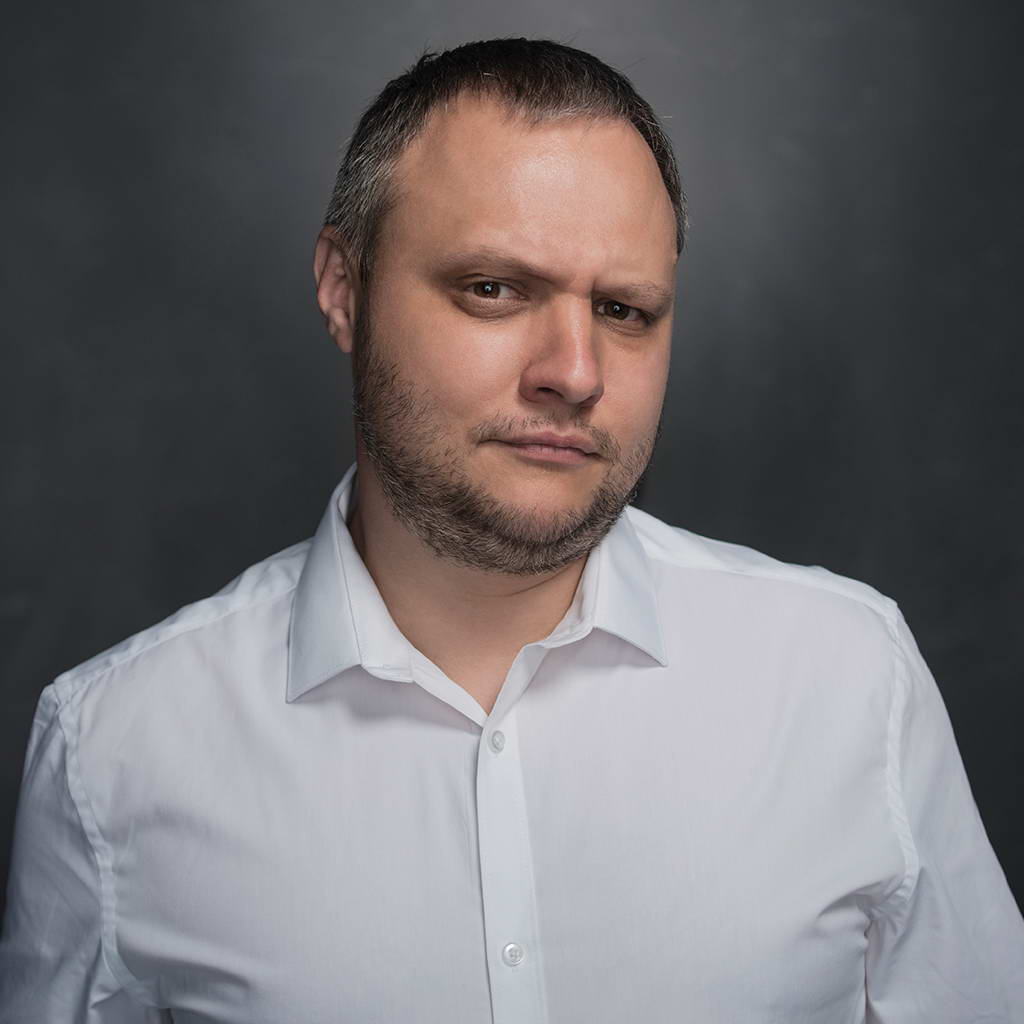“Don’t make McDonald’s out of creativity”: creative burnout
Is creative burnout a serious problem? Does it exist at all? Maybe it's just a fashion trend that covers their mistakes and unwillingness to develop? Andriy Franchuk, the Creative Director of the Brain Tank group, is convinced that there are always peaks to which a creative person can and should strive.
Burnout or self-pity?
In 1974, the American psychiatrist Freudenberger first used the term "employee burnout syndrome" to describe the psychological state of exhaustion, frustration, and refusal to work for social service volunteers. For a long time, it was believed that only people of social professions were exposed to it: doctors, teachers, social workers, etc. But nowadays, you hear about burnout from every iron, and it seems that everyone needs to burn out somehow, especially the experts of a creative sphere.
There is an opinion that burnout is a high price for high achievements. This is bullshit. I strongly disagree with that. In my opinion, "burnout" is just a sign of laziness and lack of motivation.
When you work a lot, and the result does not suit you, you start to give up and avoid work. Here you are big-big, wrote an article, did advertising, came up with a video, made a movie, and in the end, the bullshit came out. And you already think: "So what's next? What's the point of that? ” And you start eating yourself, that this is not your profession, that you are a handless lazy person. This is the time to diagnose a fashionable disease — because the World Health Organization in 2019 officially introduced burnout in the international classification of diseases.
But let's start with the fact that society used to produce heroes who can and will destroy everything. Rambo or Rocky told us on the screen: "Do not hide and do not give up!". This is the main motivating principle that inspired people. Yes, there have always been and will be difficult situations, there will be periodic bullshit, but it can be overcome. And that was the image to follow, and the world transmitted this steadfast spirit, endurance, and iron character.
Now a new principle of self-pity is in circulation. Trauma is the key to public love. You had problems as a child — you're such a good guy who shared! Suffered from toxicity — also a reason to carry you on the handles. Was in an abusive relationship — applause and applause. And a burnout, of course, otherwise, you don't have a subtle mental organization.
I am, of course, exaggerating, but, in my opinion, it has now become fashionable to reflect unnecessarily on my problems and the past to the detriment of the current reality. And burnout is generally very convenient to cover your career prospects.
It's one thing to burn out in routine professions when every day is like the previous one, and nothing new happens. The easiest way to burn out, I think, is working at McDonald's, when you make the same hamburger every day and can't take a step back from a rigid algorithm. You make a damn sandwich day after day and eventually realize that life goes by, and with another hamburger, you get older. Such actions of the same type really contribute to burnout.
Burnout in art? How exactly is it?
But in my work, it is generally difficult to imagine burnout. How can it be? Do you wake up in the morning and think, "Oh, I guess I come up with the same idea every day"? This is not a reason to diagnose burnout but rather evidence that you are stuck in your inner ceiling.
After all, in creativity, in principle, it is impossible to achieve the final result. Because it is an endless process of finding and creating something new. This is the purpose and meaning of creativity.
When you start to include this self-pity, think you have lost the battle. You actually turned your work into a McDonald's. That is, you bake creative burgers, and no one will give you a medal for it. You can't come up with something new, rubbish, otherwise, you have to retrain and make sandwiches. But let's not call it burnout.
For example, a great Zidane as a coach has won three football Champions Leagues in a row. He definitely can burn out because it is still unclear what else to strive for in the profession. But there are some like Zidane on the planet among 7 billion people. This means that if you play football and you are not Zidane yet, go and be Zidane. Forget about burnout, it's not for you.
And if we return to advertising and creativity, now Ukrainians have won more and more Cannes Lions. And if you, the creative, got all the Lions, earned all the money, and in this case, of course, I understand, you can really come and say: "Everything burned out. I will sit at home. I will change my specialty. I will grow grapes." But if you woke up in the morning and did not see yourself on the shortlist of the Cannes lion, then it is meaningless, unreasonable, and completely irrelevant to talk about burnout.
And if it does not motivate you, then change your specialty or change your inner motivation. That's probably the whole formula of anti-burnout.
Changes are the prescription against burnout
Yes, in Brain Tank, we have faced burnout many times. I usually suggest, “Guys, just make a completely different project. Put yourself in a new challenge. Get out of your area of competence and try the diametrically opposite."
A very recent similar case. Yes, the man was tired. He wanted to pause the creative job. But we managed to change the vector, and it unfolded in a whole new way. Now it is impossible to kick him out of the office because he is a fan of work.
In my opinion, the only way to stay in shape in advertising is to constantly change what you do, take on new challenges and experiences. And have a strong internal motivation to develop: read, watch, set new goals constantly.
Today you want to be the best in Kyiv, tomorrow — in Ukraine. The day after tomorrow, you want to be like those guys. Then you want everybody to follow you. Yes, it takes just incredible effort. Sometimes on this path, you get tired and start to wind yourself up that everything around is bad. And then the who throws up the idea that it's actually a burnout, guys. And you're like, "Oh, sure, burnout! Why not get sick?”
There is always a potential for development in creative specialties. You can try yourself if not in prints, then in rollers; if not in videos, then in concepts; if not in concepts, then in strategies; if not in strategies, then in banners; if not in banners, then in digital… A million options! This is a giant sphere: social projects, commercial projects, government projects.
And, to be honest, in the Ukrainian advertising business, I have not met "Zidane of the creative," about which one could say: "Here, a man tried everything, reached all the heights, wants nothing more, so he has nothing to do but to burn out."
My personal life hack is how to fight burnout is that you get up in the morning and think, "what will I do today?" If you think that there is nothing good but complaining, you need to go to bed and wake up again. And then think that's not why my life is so useless. If I can't do anything new in a day at work, something is wrong with me or my goals.
Burnout in creativity occurs when a person has the same task, he performs it mechanically and does not leave the zone of his creative potential. Although, by and large, there are no limits — you need simply keep doing. And if something doesn't work out, you can just stop. And you can keep trying, trying, trying. And then, in the end, the result will definitely happen.

